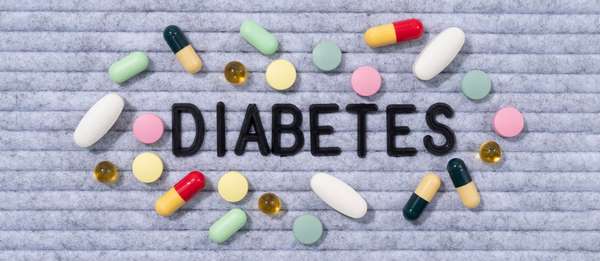A recent study published in the Journal of the American Medical Association highlights age-related variations in the effects of SGLT2 inhibitors, GLP-1 receptor agonists, and DPP4 inhibitors on glucose control and cardiovascular outcomes in patients with type 2 diabetes.

An analysis of 103 clinical trials led by Peter Hanlon from the University of Glasgow found that the glucose-lowering effect of SGLT2 inhibitors diminishes with age, with an HbA1c reduction of approximately 0.24–0.25% less per 30 years. Conversely, GLP-1 receptor agonists were more effective in older patients receiving mono- or dual therapy. DPP4 inhibitors also showed a slight improvement in HbA1c control in older adults when used in dual therapy.
Despite the reduced glucose-lowering effect in older adults, SGLT2 inhibitors provided stronger cardiovascular protection in this group compared to younger patients. In contrast, GLP-1 receptor agonists had a weaker cardioprotective effect in older individuals. The study did not find any gender-based differences in treatment response.
As the authors noted, “For haemoglobin A1c, the use of SGLT2 inhibitors showed a moderate decrease in efficacy with increasing age. In contrast, reductions in serious adverse cardiovascular events with SGLT2 inhibitors were greater in older adults compared with younger adults.” These findings suggest that treatment strategies for type 2 diabetes should be tailored to age-related metabolic and cardiovascular considerations.






